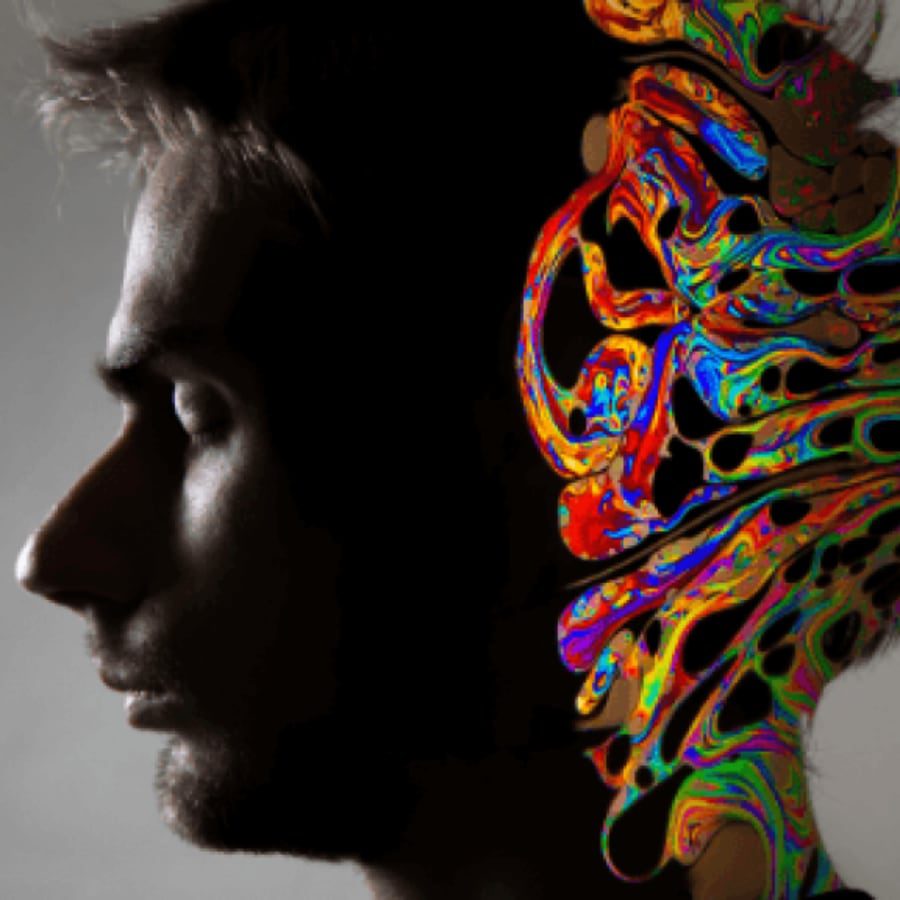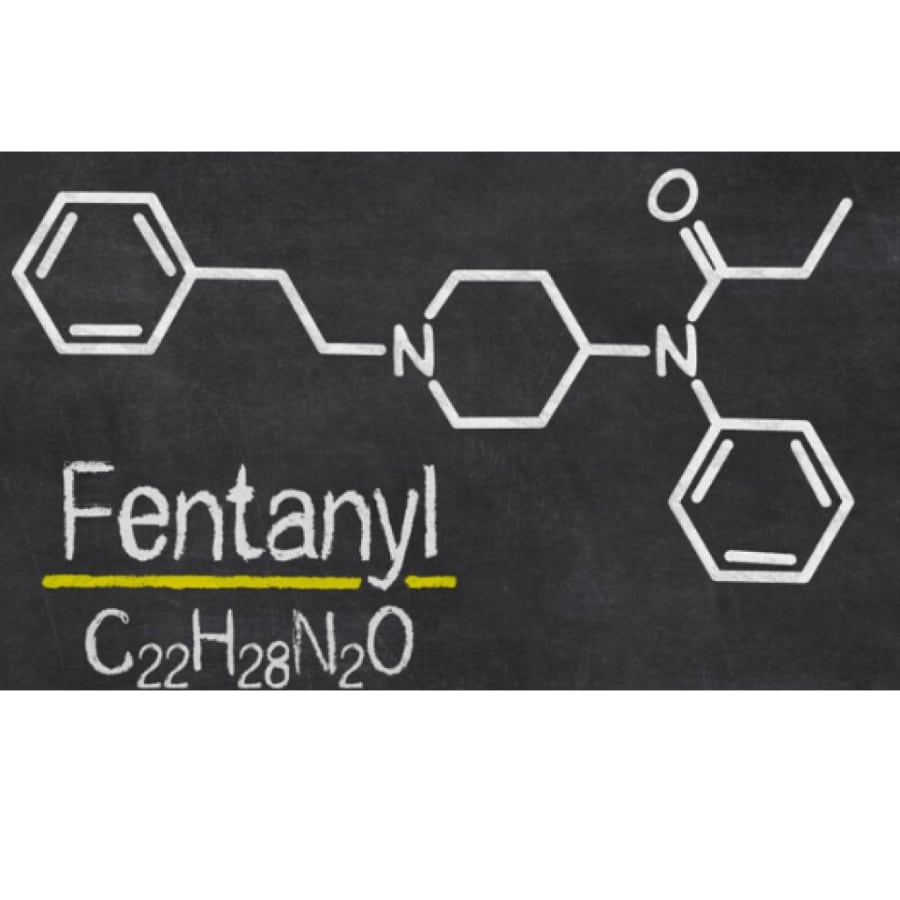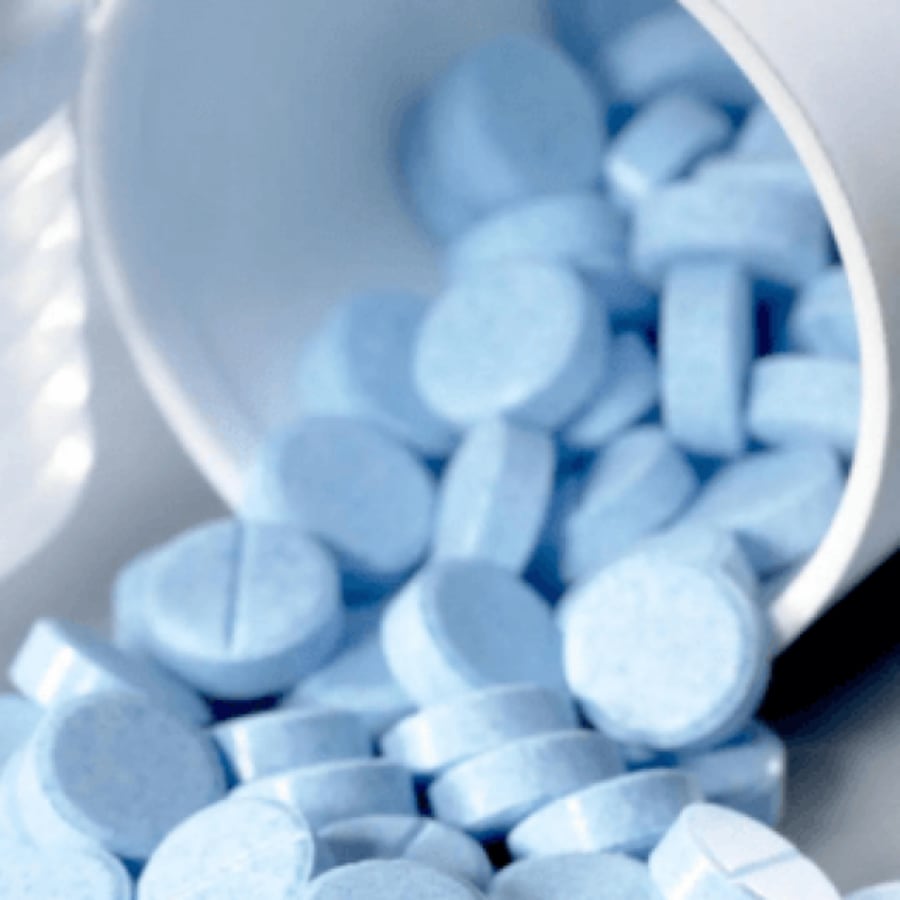Fentanyl Treatment for Young Adults
Fentanyl is a synthetic opioid that is 50 to 100 times more potent than morphine.
Fentanyl is a prescription drug that is both made and used illegally. In medical cases, it is prescribed to treat patients with severe pain, commonly after surgery or to patients who are physically tolerant to other opioids.
According to the National Institute on Drug Abuse, synthetic opioids, including fentanyl, are the most common drugs involved in overdose deaths in the United States.
If you think you may have an issue with Fentanyl, it is important to reach out for professional help and contact your personal health care provider.
Side effects of fentanyl addiction can include:
Sandstone Care provides age specific care for those who struggle with substance use, mental health, and co-occurring disorders. We have treatment centers throughout the United States.

Yes, fentanyl is a highly addictive drug because of its potency.
When someone is addicted to fentanyl or other substances, they are unable to control or quit taking them despite the negative effects they are having on a person’s life and health.
Even when prescribed by a doctor, a person can develop a dependence on fentanyl, meaning they will experience withdrawal symptoms if they try to stop.
Someone can become dependent on a substance without being addicted, yet addiction can follow shortly after.
Someone who is addicted to fentanyl can experience withdrawal symptoms when they stop using the drug, which can include:
Pharmaceutically, fentanyl is used for severe pain management.
According to StatPearls, fentanyl’s most common use clinically is as a sedative in intubated patients. Sometimes, clinicians may also use fentanyl for patients with tolerance to opiates.
Fentanyl use is extremely dangerous and can quickly lead to a number of serious adverse effects.
Young adults may gain access to fentanyl if prescribed for severe pain or obtain it from friends or a relative.

According to the DEA, drugs that fentanyl can be comparable to drugs like morphine, hydrocodone, oxycodone, methadone, and heroin.
When prescribed, fentanyl can be taken as a shot, patch, lozenges, or a small tablet. It can be made illegally in the form of a powder, on blotter paper, put into droppers or nasal sprays, or made into pills.
However, young adults may abuse fentanyl to achieve a sense of “euphoria” because of its effects. Other effects that young adults may use fentanyl for are to achieve a “high” relaxation, pain relief, sedation, or drowsiness.
Young adults may use fentanyl to experience a “high.”
Because fentanyl is so potent, it only takes a small amount to produce effects.
Sometimes drug dealers mix fentanyl with other drugs like heroin, cocaine, or methamphetamines. This makes it a cheaper option when illegally distributing; however, it is extremely risky and dangerous as it could result in overdose.
Fentanyl patches are also abused by removing the gel and injecting or ingesting the contents.


Fentanyl is an extremely dangerous drug for young adults.
Fentanyl can lead to several negative health outcomes, putting young adults at a high risk of overdose and addiction.
If a young adult overdoses on fentanyl, it can cause their breathing to slow or stop. This can lead to hypoxia, which is what happens when the amount of oxygen in the brain decreases. Hypoxia can lead to coma, permanent brain damage, and death.
According to the NIDA, in 2019, about 50,000 people in the United States died from an opioid-related overdose.
Additionally, some negative effects that can come from fentanyl use include:
Signs of fentanyl addiction in young adults can include:

Some long-term effects of fentanyl can include:
Like other opioids, fentanyl works by attaching to opioid receptors, which are found in parts of the brain that are associated with pain and emotion.
Repeated fentanyl use can desensitize the brain to the drug, causing the brain to continue seeking it out to feel pleasure. Over time, a person has to use more and more of the drug to feel “normal” again.
Psychological effects can also include paranoia, delusions, and changes in someone’s personality.
Fentanyl can also cause or worsen symptoms of depression and other mental health disorders.
It may be hard to know if your child is struggling with addiction, mental health issues, or other problems because they may share similar signs and symptoms.
If you believe your child may be struggling with fentanyl addiction, you can contact health care providers for professional help and receive a proper diagnosis.
Someone who may be abusing fentanyl may show signs like:

If your child is addicted to fentanyl, the best thing is to reach out for professional help.
It is also important to educate yourself. The more you know, the better you can understand and learn how to support them.

Medication and psychotherapy are the best treatment for young adult fentanyl addiction. Sandstone Care is here to support teens and young adults with mental health and substance use disorders.
The best form of fentanyl addiction treatment is a combination of medication and behavioral therapies.
Medications like buprenorphine and methadone can help reduce cravings and withdrawal symptoms. Another medicine called naltrexone can work by blocking opioid receptors and preventing the effects of fentanyl.
Behavioral therapies can help young adults with fentanyl addiction identify thoughts and behaviors related to drug use and healthy life skills and coping mechanisms.
Additionally, there are ways to treat a fentanyl overdose. Because it sometimes gets mixed with other substances, it may be difficult to determine which one is causing the overdose.
When given right away, naloxone can be used to treat a fentanyl overdose. However, the strength of fentanyl can require more doses of naloxone.
If you believe someone has overdosed, the most important thing to do is call 911.

For opioid addiction treatment, like fentanyl, medication is typically the first line of treatment.
Medication can be most effective when combined with different forms of behavioral therapies like CBT, DBT, or Contingency Management.

Cognitive-behavioral therapy (CBT) is a common and effective form of psychotherapy, or talk therapy, used to treat addiction and mental health disorders.
CBT works by identifying unhealthy thoughts and how they may lead to destructive behaviors.
Specific techniques when using CBT for substance abuse includes exploring the consequences of drug use, self-monitoring to recognize cravings, identifying situations that can put a person at risk of drug use, and developing strategies to cope with cravings.
CBT for substance abuse and addiction can help young people build healthy coping mechanisms and behavioral strategies and increase their self-awareness.
Dialectical behavior therapy (DBT) can help people replace unhealthy behaviors with learned skills that are productive and promote positive change.
DBT stems from CBT, with a greater focus on acceptance and validation.
DBT highlights four main skills: mindfulness, interpersonal effectiveness, emotion regulation, and distress tolerance.


Sandstone Care offers age-specific, individualized, and evidence-based treatment programs that help you regain control of your life and achieve lasting recovery.
Contingency Management is a behavioral therapy involving tangible rewards to promote change or positive behaviors, such as abstinence.
Voucher-Based Reinforcement (VBR) is a form of CM that can be helpful for young adults who abuse opioids or stimulants. In VBR, the individual receives vouchers with a monetary value in exchange for drug-free urine samples.
According to the National Institute on Drug Abuse, VBR has shown to be effective in promoting abstinence in individuals undergoing methadone detoxification.


Motivational Interviewing is a treatment strategy used to promote motivation for change.
MI can help individuals strengthen their motivation to commit to goals like sobriety.
One of the goals of Motivational Interviewing is to strengthen a person’s internal motivation and express empathy.
Four processes of MI include partnership, acceptance, compassion, and evocation.
The Continuum of Care
Access a full range of treatments for mental health and substance use disorders. Whether you need a safe transitional living community, inpatient care, or outpatient therapy, we have a program to help.
5-21 days of 24/7 on-site medical supervision.
Our Medically-Assisted Detox and Inpatient Center offers private rooms and 24/7 medically supervised care to support a safe recovery from drugs and alcohol, followed by comprehensive treatment that addresses your physical, psychological, emotional, and spiritual needs.
2-6 Months
Our Transitional Living Program combines the structure of treatment and group living, with the freedom of living away from home.
This level of care is for young adults (18-30) who are not quite ready to heal from home. This level of care provides a safe and supportive living environment integrated with a PHP or IOP level of care. Here, you’ll learn life skills and healthy recovery strategies in an environment that’s set up for your success.
4 weeks of on-site day treatment.
Our Young Adult Day Treatment Program, also known as Partial Hospitalization Program (PHP), is a highly structured level of care for young adults that offers five days of robust programming a week.
Our two distinct mental health and substance use tracks help young adults to stabilize, begin to understand their mental health and/or addiction struggles, and heal from them. We strive to help our clients become more like the person they want to be without using negative coping strategies or substances to get there.
12 weeks of on-site or virtual treatment.
Our Young Adult IOP, or Intensive Outpatient Program, offers two distinct tracks to address young adult needs, each track consisting of 3-4 days of weekly programming.
In our mood disorder track, we are able to focus on mental health, depression, trauma, and anxiety. In our dual diagnosis track, we are able to support young adults with substance use and mental health challenges. Each focuses on developing positive social, academic, and vocational habits while continuing with their job or school responsibilities.

11820 Parklawn Dr. #403, Rockville, Maryland, 20852
(888) 850-1890
38619 Boulder Canyon Dr., Boulder, Colorado, 80302
(888) 850-1890
FAQ
Our goal is to provide the most helpful information. Please reach out to us if you have any additional questions. We are here to help in any way we can.
Five warning signs that may indicate a person has an addiction can include:
These signs alone do not mean someone is addicted and are similar to symptoms of other mental illnesses. If you think you or a loved one has an addiction, it is important to reach out for professional help.
Fentanyl is an extremely powerful synthetic opioid.
According to the CDC, it is at least 50 times stronger than heroin and 100 times stronger than morphine.
Even a very small amount of fentanyl can cause an overdose. It is also tasteless, odorless, and sometimes too small to see. When illegally distributed, one pill might not be deadly, while another may be.
According to the National Institutes of Health, tolerance is a condition that occurs when the body becomes so used to a substance that it needs more and more of it to feel its’ effects.
A person can become tolerant to fentanyl and other opioids, even if they are prescribed to them.
Tolerance is not the same as addiction.
Fentanyl can make a person experience effects that include:
One of the most significant ways to help a young adult with fentanyl addiction is by educating yourself.
The more you know, the better you can help and understand them. Additionally, by knowing about treatment options and sharing them with your loved ones, they can feel more open to reaching out for help.
If a young adult in your family is struggling with fentanyl addiction, it is important to try to be understanding and patient rather than aggressive and placing blame. Addiction is a disorder, not a choice.